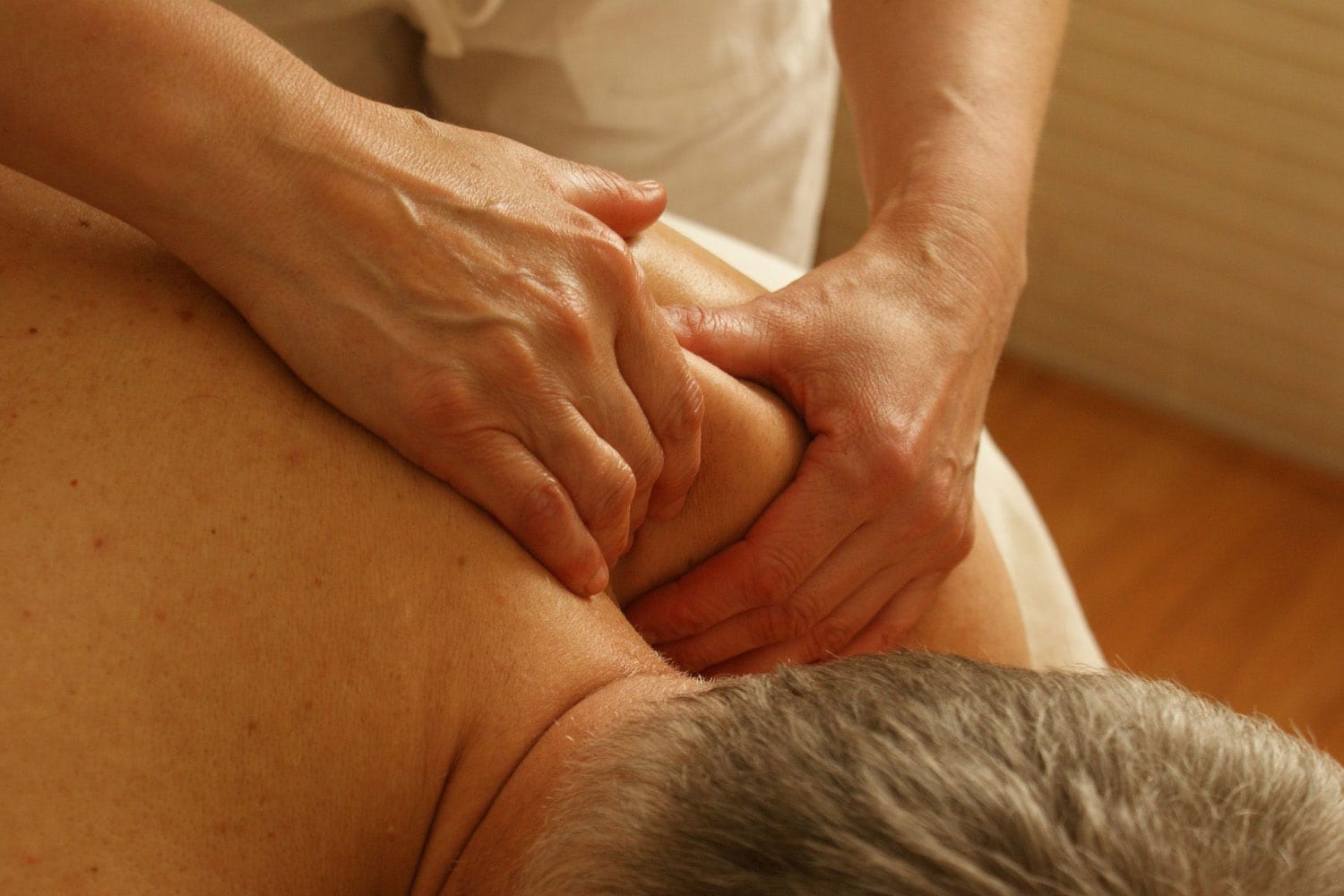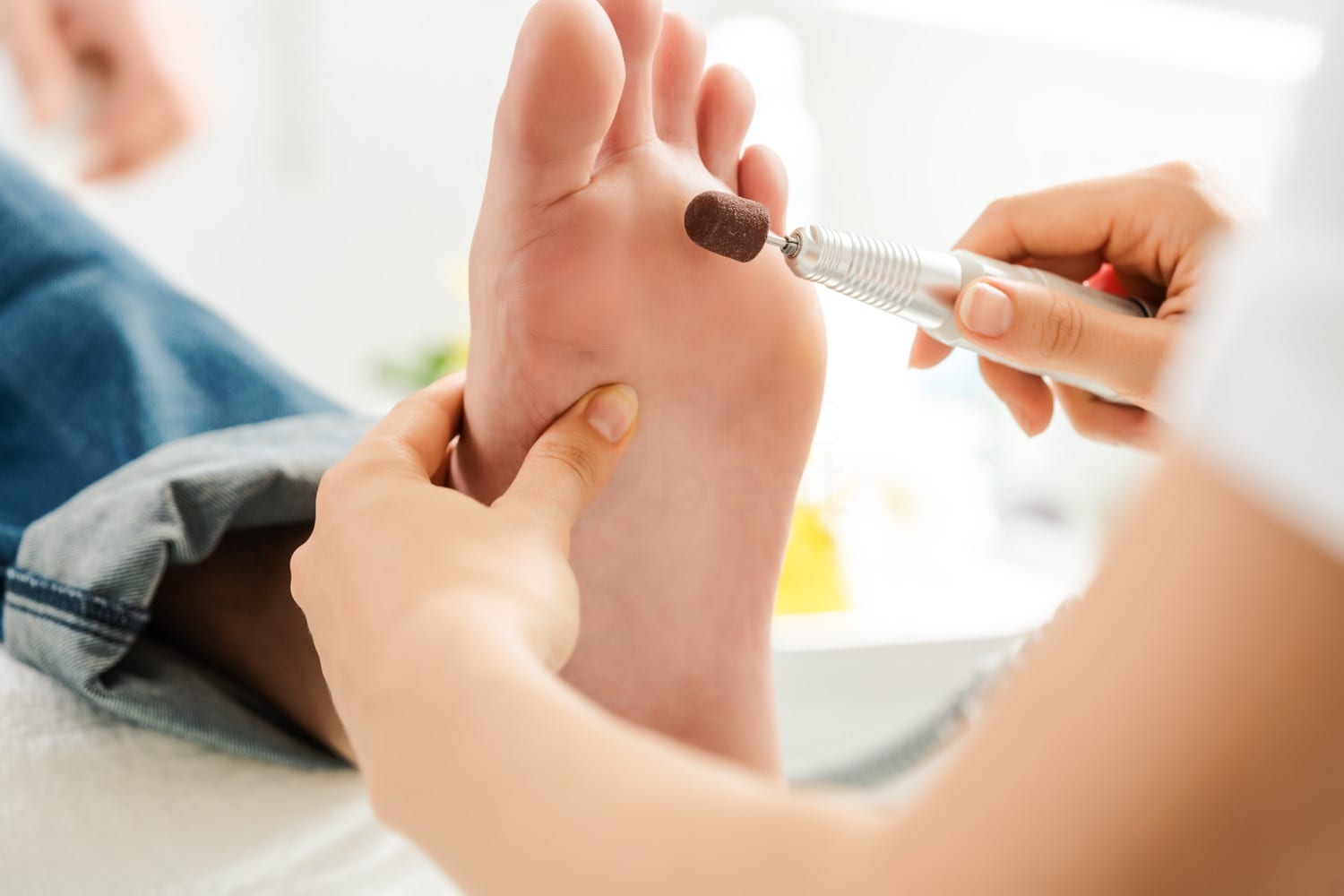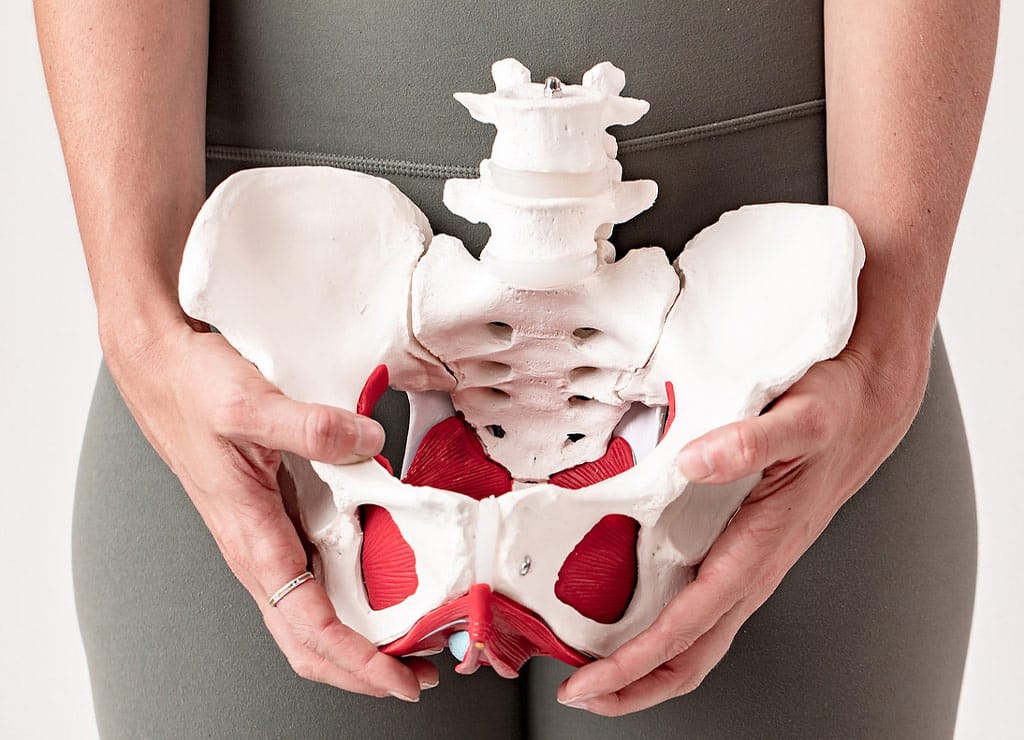When it comes to exercise, walking doesn’t always get the respect it deserves — and it’s time that changed. Before buying into the idea that walking isn’t a worthwhile workout, learn the truth behind these three common walking myths.
Myth 1: 10,000 STEPS IS THE HOLY GRAIL
There is a great feeling of accomplishment when your fitness tracker buzzes to signal you hit 10,000 steps. But Carol Ewing Garber, PhD, professor of movement sciences at Columbia University, believes it might be an arbitrary target.
Yes, there are studies that show walking 10,000 steps per day is associated with lower blood pressure and improved glucose tolerance but the idea of walking the equivalent of five miles per day could feel overwhelming to new exercisers.
“[Walking 10,000 steps] will result in health benefits,” Garber says. “But it should be noted that … there is benefit even with small amounts of walking and the benefits increase with the more steps you walk each day.”
Garber suggests aiming for 150 minutes of moderate-intensity exercise each week instead of setting a step count goal.
If you want to count steps, consider this: Walking an additional 2,000 steps per day — even if your current step count is minimal — helps lower body mass index and boost insulin sensitivity, according to research published in the journal BMJ.
Myth 2: WALKING DOESN’T HELP WITH WEIGHT LOSS
Leslie Sansone, fitness expert and creator of Walk at Home Workouts is adamant: “Walking works for weight loss!”
A slow stroll around the block isn’t going to move the needle on the scale (although it does burn more calories than binge watching legal dramas). To lose weight with a walking workout, Sansone suggests high-intensity interval training or HIIT.
Picking up the pace — without breaking into a run — at regular intervals during your walk has a major impact on weight loss.
In one small study, researchers at the University of Virginia found that overweight women who logged three 30-minute, high-intensity walks and two moderately-paced walks per week for 12 weeks lost six times more belly fat than women who went for a slow stroll five days per week. A second study found that varying speed burned up to 20 percent more calories than maintaining the same pace.
Incorporating HIIT into your walking workout is simple, according to Sansone. After a 5-minute warm up walk at a slow pace, walk at a brisk pace for 30 seconds and then a regular pace for 4 minutes. Repeat the interval four times. End with a 5-minute cool down walk.
“Walkers have so many choices to get fit and stay fit for life,” Sansone says.
Myth 3: WALKING IS ONLY FOR THOSE WHO CAN’T RUN
Walking can be a “gateway exercise” that helps new exercisers improve their cardiovascular fitness and stamina to transition to running but not all walkers want to run — and that’s OK.
“Walking is a good exercise for everyone,” Garber says.
A study published in the journal Arteriosclerosis, Thrombosis and Vascular Biology found rates of hypertension, high cholesterol, heart disease and diabetes were lower for regular walkers than runners.
While a walk around the block is a good start, maximizing the benefits of a walking workout requires logging sufficient time in your sneakers. Garber suggests focusing on distance, duration or calorie expenditure (all viewable on your fitness tracker) noting that it’s the amount of exercise that counts — for both walkers and runners.
“If you start fitness walking today, you will instantly feel better and know you’re doing something good for your body, mind and soul,” Sansone says.








